Description
A work of autobiographical literature, in which Rousseau recounts fifty-three years of his life. He began writing it in 1765 and finished in 1769, but the book was not published until four years after his death.
Jean-Jacques Rousseau, a Genevan writer, philosopher, and botanist, is considered one of the most important writers of the Enlightenment, a period in European history that extended from the late 17th to the late 18th centuries. Rousseau’s philosophy helped shape the political events that led to the French Revolution, as his works influenced education, literature, and politics.
Rousseau’s choice of the title “Confessions” was, according to some, a bold move to break with the revered icon. Upon reading his Confessions, you will find his constant search for humanity and tolerance throughout his life’s journey.
His confessions are frank; Sometimes his life was marked by self-flagellation and apology, as we will see in his reaction when he was accused of theft in his youth. At other times, it was tinged with a sense of persecution when the authorities turned against him and those close to him abandoned him, as was the case for most philosophers and Enlightenment thinkers of that era.
The book is reminiscent of the verses inscribed on the house where he lived with Madame de Varennes:
O refuge occupied by Jean-Jacques, you remind me of his genius and his love of solitude, of his passion and zeal, of his misfortunes and his recklessness.

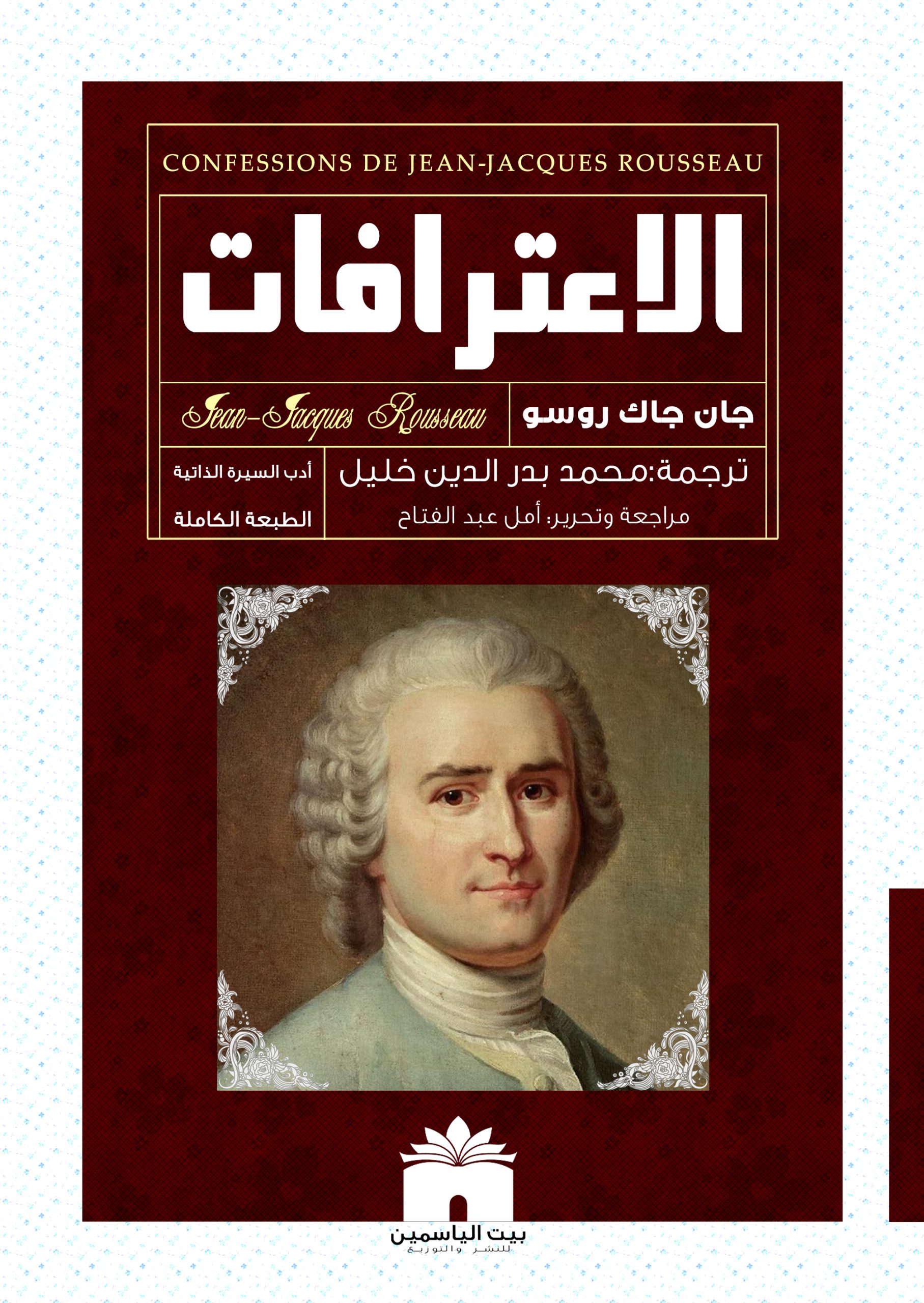

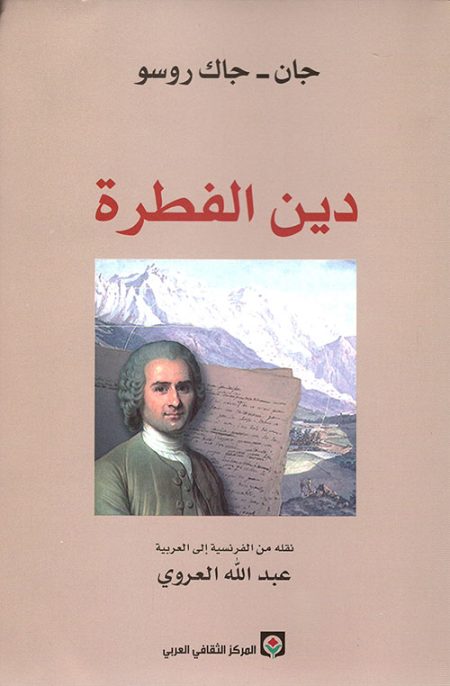

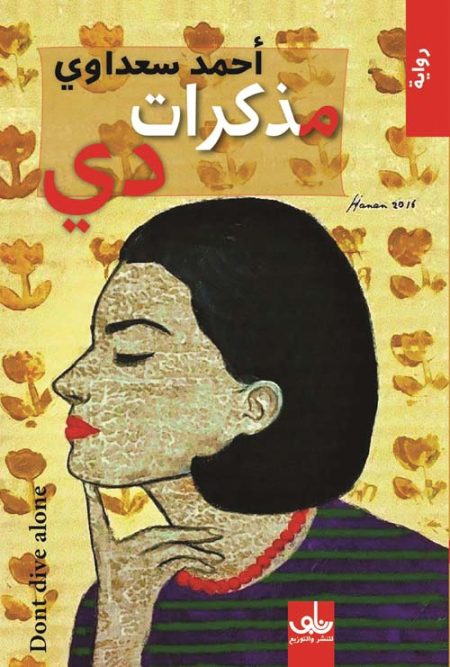
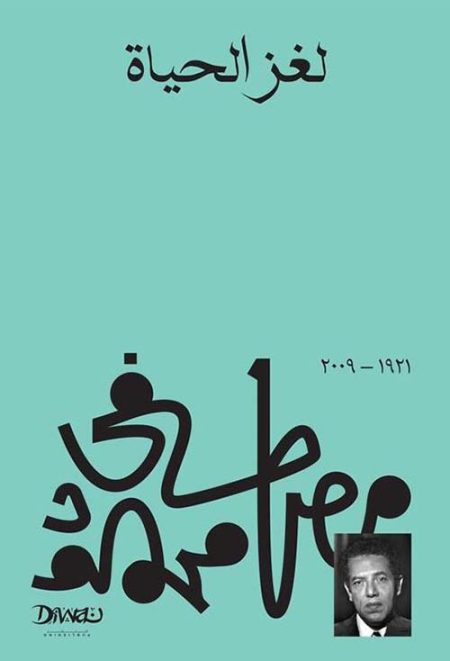

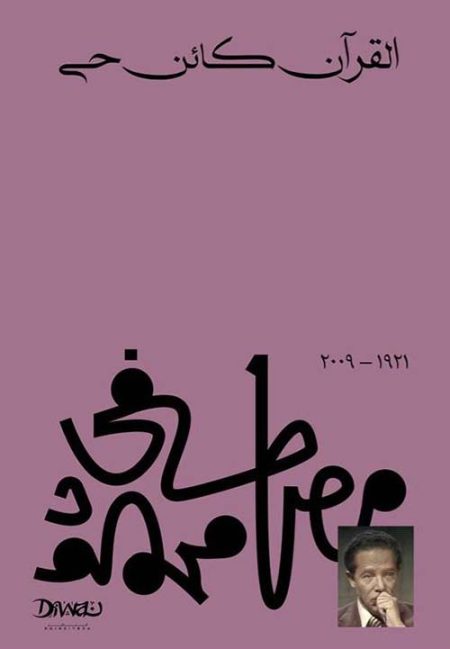
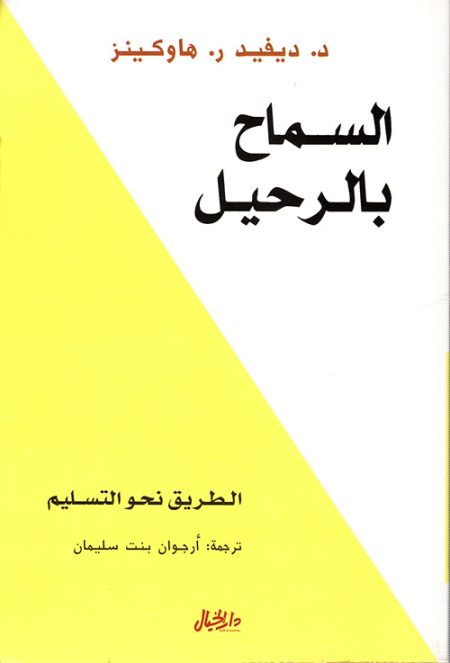

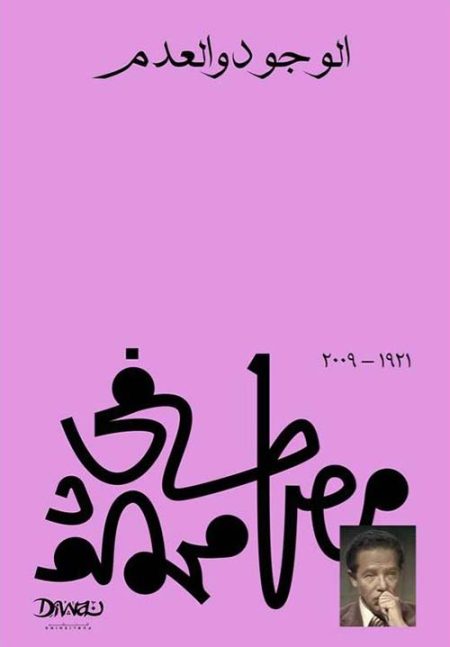

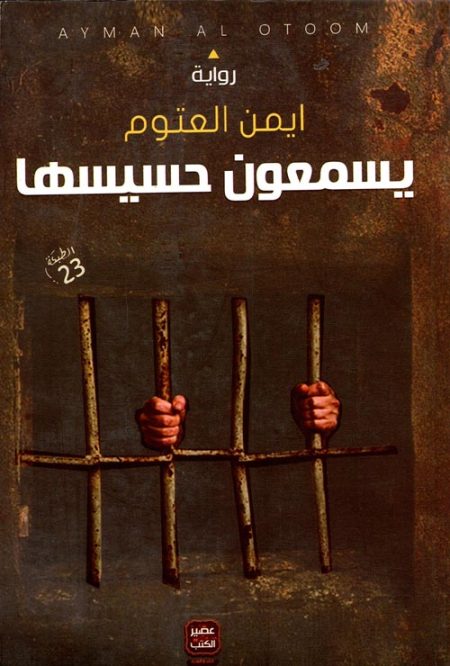
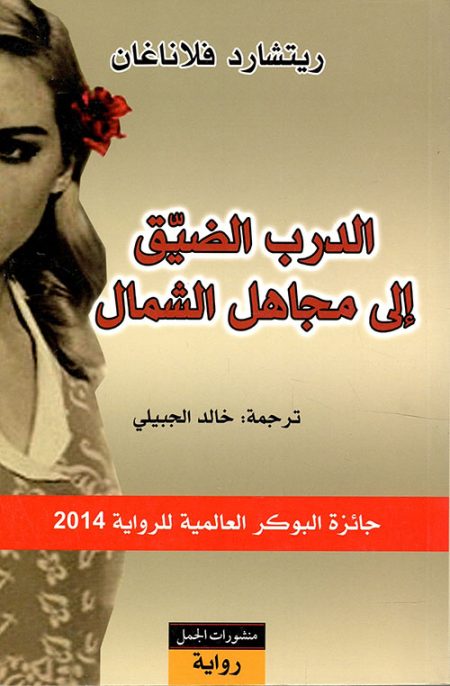

Reviews
There are no reviews yet.